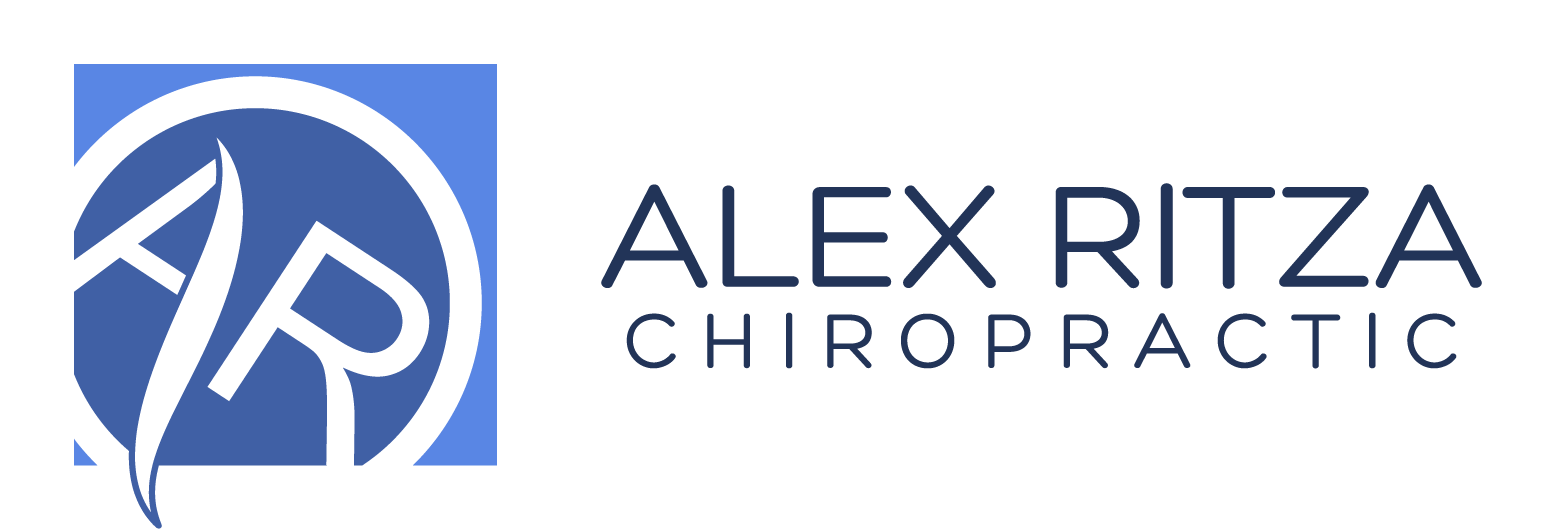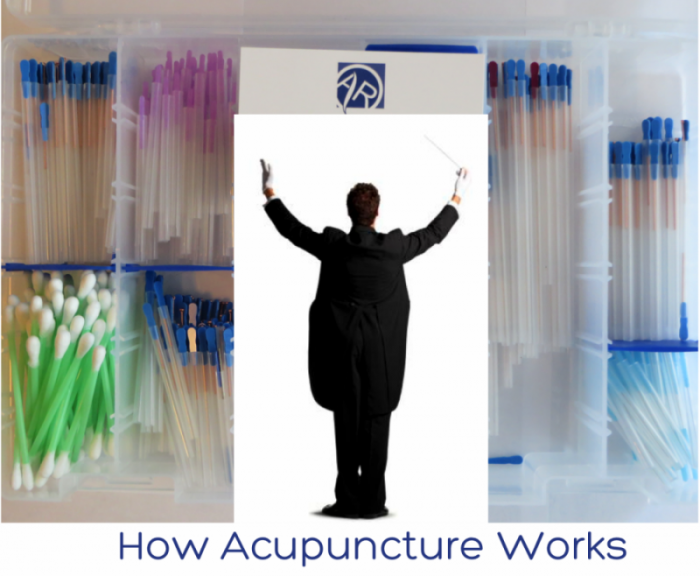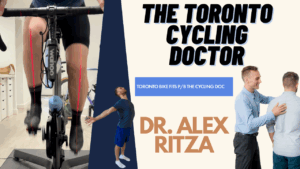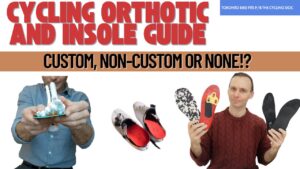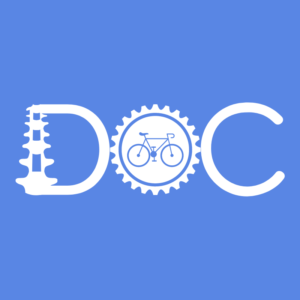The Nervous System is the most important component of human life. On a gross scale, it provides us with consciousness, allows for incredible feats of human movement and performance, and provides an unbelievable ability to detect and integrate our senses so that we can interact with the environment and each other. On a cellular level, the nervous system communicates directly or indirectly with nearly every cell in the body, it helps to control and regulate our body within tightly controlled limits, and most importantly, shows that is it plastic; it can heal and change.
Acupuncture works predominantly through the nervous system. Firstly, each needle produces local chemical and hormonal changes in the tissue. More dramatically, acupuncture produces changes in the nervous system locally, and at the level of the spinal cord and brain. Needling certain traditional Chinese acupuncture points have been shown by MRI to produce reflexive changes in the brain that are difficult to explain; how a needle inserted into the leg can cause changes in the autonomic nervous system parts of the brain is pretty wild.
Whether for pain, muscle weakness, stress, anxiety or stiffness, I use acupuncture to talk to the nervous system to restore balance. Acupuncture does not work universally to turn up, or turn down a nerve. Rather it works to modulate these nerves back to normal. In the case of a nerve that is over excited such as with sciatica, the upper traps of an office worker, muscle trigger points, or when there is pain, the acupuncture needles will modulate that nerve’s activity down to normal. Specifically, A-delta and C-type fibres that carry pain signals to the spinal cord are down-modulated to reduce painful stimuli. In the case of tight muscles or trigger points, reducing the electrical activity that is carried to the muscles and fascia by the nervous system, will relax the muscles much in the same way as massage or ART.
In those cases where a nerve is under-active, electroacupuncture can help to “turn-on” these nerves. Nerve inhibition and inactivity can be seen with gluteal amnesia from hip or low back pain (your gluteal muscles do not turn on), quadricep arthrogenic inhibition from knee injury or surgery, leg weakness from ankle sprains, rotator cuff weakness and inhibition from shoulder impingement, and other examples. Stimulating these under-active nerves can help to accelerate the rehabilitation process.
In the case of lateral ankle sprains, there is well documented research to show that after rolling an ankle, there is damage to the nerves on the outside of the leg, which reduces proprioception at the ankle ( sense of knowing where it is in space) and weakness of the lateral leg muscle group. This weakness is easily detected by manual muscle testing in “healed” ankles even months after a sprain in those who have undergone proper rehab. For all the patients that I see, electroacupuncture is a vital part of the rehab process for ankle sprains to ensure the nerves are functioning properly and strength is restored.
Sometimes electroacupuncture can be used to restore even subtle imbalances in strength or nerve activity. Some treatments produce great results by creating better synergy in the relationship between the nerve and muscle
Think of the relationship as a conductor and their orchestra. The nervous system acts as the conductor, telling the ensemble of muscles in the orchestra what to do. To be the best, both the conductor and orchestra must perform to their fullest and communicate well. The nerve must yell loud enough so that the orchestra can hear what to do, and do so with the appropriate timing.
The nerve conducts the muscles how to properly contract and in what order to do so. The muscles listen to the conductor and do as they are told or do not do anything at all. Even if you have the healthiest and strongest muscle possible, the New York Symphony Orchestra of muscles in terms of strength and skill, they can only perform as well as they are told to. If the conductor is injured or under performing, the orchestra will under perform.
Sometimes the conductor needs to be slowed down to avoid a furious pace that will fatigue the muscles and injure them. Other times, the conductor needs to yell a bit louder and with greater tempo so that the muscle contracts with enough force and speed to perform as desired. When both are healthy and performing properly, performance is maximized. Acupuncture helps to modulate your nervous system so it performs properly.
In the cases that the body does not seem to be able to do so by itself, acupuncture helps us to restore the balance we all need.
